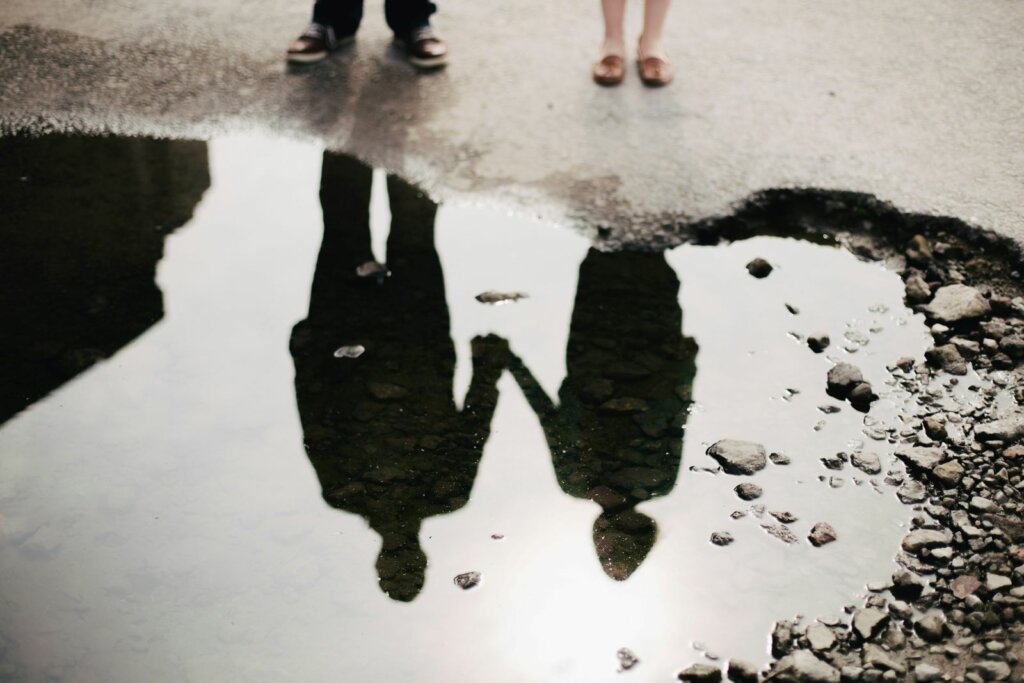Francis Weller writes in his book The Wild Edge of Sorrow that on a trip to Burkina Faso, he remarked to one woman that she had a lot of joy. Her response was, “That’s because I cry a lot.” I keep thinking about that because I notice sometimes the people who are the most joyful, vibrant, and alive are also the most depressed and even suicidal.
This is on my mind because a friend of mine died suddenly about a week ago and I suspect it was a suicide based on the abruptness and also how his family hasn’t mentioned the cause of death. But just in case I’m wrong, I’m not going to name him publicly and instead write about someone I can: Robin Williams.
If you’ve seen any movies or interviews with Robin Williams, you know he was a wacky delight. Julie Kavner, best known as the voice of Marge Simpson, said in a Guardian article, “When we were making Awakenings, we were filming in the deserted part of a mental hospital, and often shooting through the night. And there was this TV in the corner on mute, and Robin, between breaks during the scenes, would go off on a riff, inventing dialogue on the TV show, entertaining everyone at 3 a.m., whatever time. It was a very tough role that he did a phenomenal amount of research for, but he didn’t keep to himself between takes – he was out there, giving to everyone.”

I hope you are held like this. Photo by The HK Photo Company on Unsplash
Williams was the life of the party and yet he committed suicide, shocking everyone. It turns out he had a form of dementia that essentially caused his brain to fall apart so who knows how much was the disease versus depression but even still. This man who was so capable of bringing joy to others suffered so greatly that he decided he couldn’t keep living. I have trouble wrapping my mind around that and posed the question on Facebook about the dichotomy.
One person responded that she was often the life of the party because she was compensating for depression. She was trying so hard not to be depressed, to not show people how low she felt that she put on a mask to hide it. But she also said she wished more people would talk about how they felt to normalize it, to know they don’t have to hide.
I can’t say this to my friend or to Robin Williams, but I can say it to you. I know what it’s like to be in the shadows and also the light. I’ve traversed both spaces and there’s nothing wrong with either. You don’t have to hide or pretend with me. You can take off your mask and let me know how you’re really feeling because I’m not scared to hold space for whatever is alive in you. Human beings are complicated and complex. Every part of you – the parts you’re proud of, the parts you’re ashamed of, the parts you’re scared of – all of them are welcome whether you share them with me or not.
Weller says, “Life is hard, filled with loss and suffering. Life is glorious, stunning, and incomparable. To deny either truth is to live in some fantasy of the ideal or to be crushed by the weight of pain. Instead, both are true, and it requires a familiarity with both sorrow and joy to fully encompass the full range of being human.”
I seek to encompass the full range of being human and that means I’m holding both light and shadow because I know neither can exist without the other.
I dream of a world where we take off our masks and express how we truly feel. A world where we recognize people want to know the real us, warts and all. A world where we remember authenticity is usually met with care. A world where we know both light and shadow exist in all of us and being human means holding both.
Another world is not only possible, it’s probable.